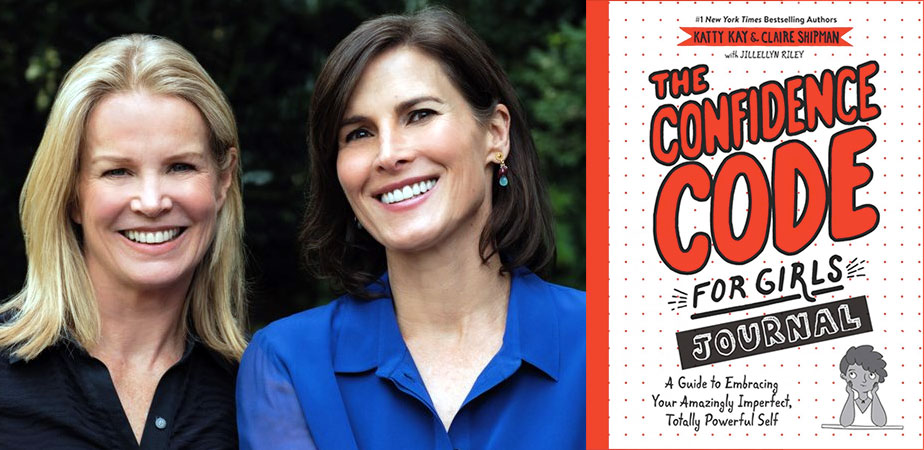When 80% of 10-year-old girls are afraid of being fat, here are ways parents can help girls develop a positive body image.
 "'I’m fat.' Those are just two little words, five letters in total, but coming from your daughter, they’re enough to make your heart totally sink. How could a girl who’s typically so kind and accepting of others be so disparaging of herself?" According to the Girl Scouts, 80% of 10-year-old girls are afraid of being fat because "they’re constantly surrounded by both subtle and direct messages that curvier or heavier girls aren’t as well liked, aren’t as likely to succeed in business, and in general, aren’t going to have as much fun or happiness in their lives." So what can parents do to counteract such widespread cultural messages? In an insightful article, Girl Scout Developmental Psychologist Andrea Bastiani Archibald offers parents several tips on how to respond when your daughter says she's fat and how to build her overall body positivity. Continue reading Continue reading
"'I’m fat.' Those are just two little words, five letters in total, but coming from your daughter, they’re enough to make your heart totally sink. How could a girl who’s typically so kind and accepting of others be so disparaging of herself?" According to the Girl Scouts, 80% of 10-year-old girls are afraid of being fat because "they’re constantly surrounded by both subtle and direct messages that curvier or heavier girls aren’t as well liked, aren’t as likely to succeed in business, and in general, aren’t going to have as much fun or happiness in their lives." So what can parents do to counteract such widespread cultural messages? In an insightful article, Girl Scout Developmental Psychologist Andrea Bastiani Archibald offers parents several tips on how to respond when your daughter says she's fat and how to build her overall body positivity. Continue reading Continue reading

















